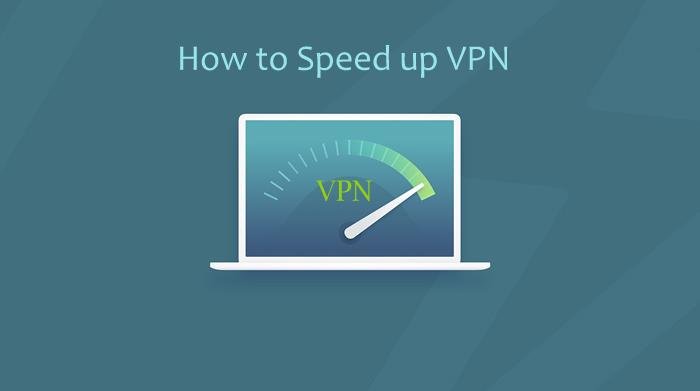VPNs have grown in popularity as people want to increase internet security in Dubai & other locations and access information that could be restricted in their region. A common problem that VPN users have is slower internet speed. This may be confusing, especially if you use a VPN for streaming or online gaming. Thankfully, there are many strategies for speeding up your VPN. This post will look at the finest tricks and methods to help you achieve the fastest VPN connection imaginable.
Choose a VPN server region that is close to you
Selecting a server location closest to your real location is one of the simplest and most effective methods to speed up your VPN. Your online traffic is scrambled and directed via the server when you connect to a VPN before it reaches its destination. Your information needs more time to go this way, and that is the further distant the server is, which results in slower speeds. You may reduce the distance your information travels and shorten the time it takes for your device to communicate with the VPN server by choosing a VPN server that is geologically close to you. A speedier and more reliable VPN association may emerge from this.
Choose the server closest to you from the variety of server locations most VPN providers provide. Some providers like iTop VPN also have a feature that automatically selects the closest and fastest server based on location, so you don’t have to worry about doing it manually every time you connect.
Switch to a different VPN server
If you’re experiencing poor VPN connections while connected to a server region that is geographically close to you, now could be the perfect time to switch to a different VPN server. Your VPN server may be overloaded or have specific problems, increasing lag times. Most VPN providers have various server locations, so try connecting to a different server location and see if it affects your performance. If you’re unsure which administration to choose, go for a server in a neighborhood geologically close to you or has structurally strong places.
Your VPN association may sometimes be interrupted by important server switching, so be prepared to disconnect from the VPN and rejoin when necessary. Also, if you want to use a VPN for a particular purpose, such as streaming or gaming, choose a server location that is more appropriate for that use case. Some VPN providers provide servers designed specifically for streaming, gaming, or other activities, which may result in faster and more reliable connections for certain use scenarios.
Use a wired connection
VPN speeds may be increased using a wired connection rather than a remote one. Due to many factors, such as signal impedance, distance from the switch, and organization obstruction, Wi-Fi connections might be less stable and slower than cable connections. Just connect your device to your switch using a network cable. This provides a more stable and speedier online association, which may further expand your VPN speeds. It’s additionally vital to ensure that your Ethernet connection is in excellent form and that it’s not destroyed or frayed since this might impact the nature of your association.
If you can’t use a physical connection, try to place your device as close to the switch as possible and ensure no genuine obstructions prevent the signal from getting through. Consider updating your switch or Wi-Fi organization to a more modern one that supports faster speeds and greater range. Normally, employing a wired association is one of the finest means of further increasing VPN speeds, specifically if you’re experiencing poor paces because of an awful Wi-Fi association.
Close extra applications and foundation procedures
To increase VPN speeds, unnecessary programs, and foundation cycles might be closed. On your device, many apps and cycles might use up crucial framework resources like a processor, memory, and organization transmission capacity. This may scale down your device and affect how your VPN connection appears. Close any unnecessary programs and background activities not required for your current project before connecting to your VPN. Email clients, web browsers, document-sharing software, and mixed media apps may all be included in this. You may also identify and end any cycles using significant amounts of framework resources by using the Action Screen (Mac OS) or Errand Director (Windows).
Shutting down unnecessary processes and apps can free up system resources used by your VPN connection, resulting in faster speeds and improved performance. This might be particularly helpful if you use a device with limited resources, such as a mobile phone or a basic computer.
The Bottom Line
Overall, there are several techniques to quicken your VPN connection and develop your online knowledge. Increase your VPN speeds and ensure your online activities are swift and secure by selecting the VPN location closest to you, switching to a different server, using a wired connection, and closing down unused programs and background processes.
Importantly, factors like your network access provider, the kind of your online connection, and the encryption standards used by your VPN provider may influence VPN rates. Hence, if you’re consistently experiencing slow VPN speeds, it could be worth contacting your VPN provider’s customer support team to investigate the problem. Some providers may have a free VPN version for you to use. But usually, the free version may lack some amazing features. Try to upgrade to the premium version if possible.
Using the advice in this article and being conscious of your online activities, you can benefit from rapid and secure VPN connections that preserve your privacy and let you access the content you need when you need it.
















